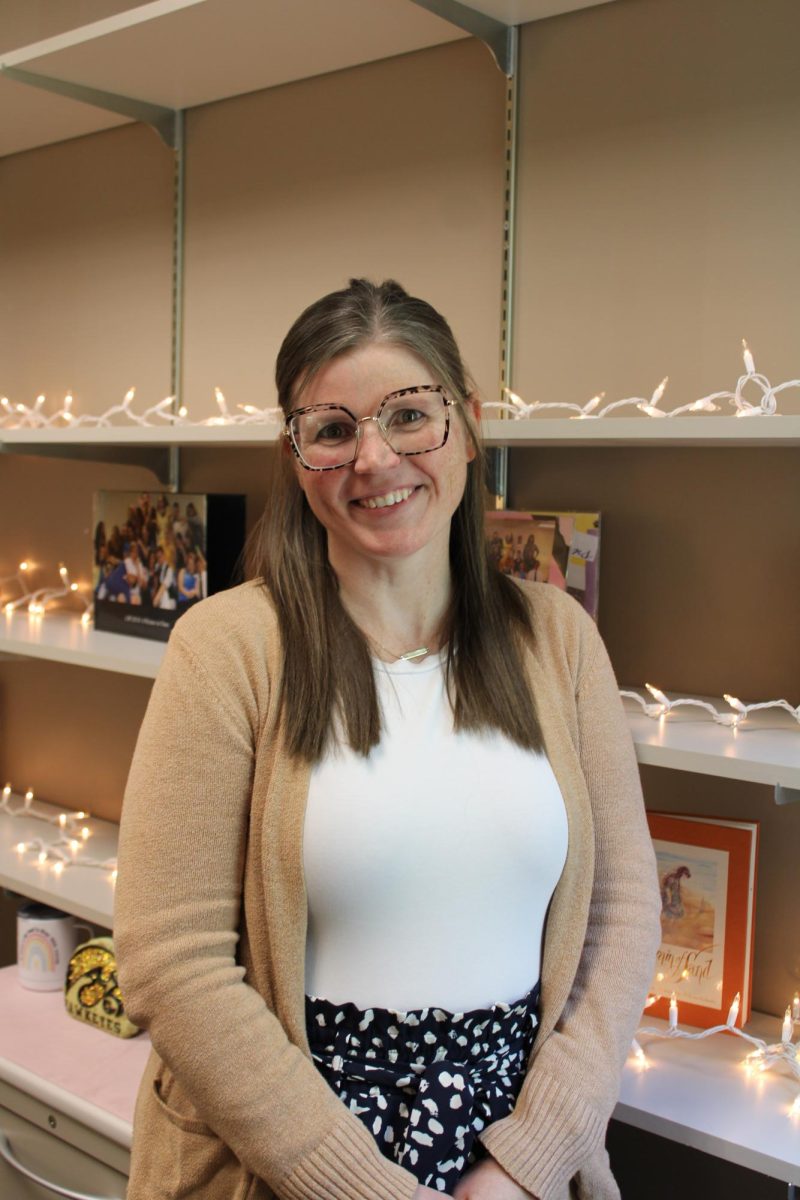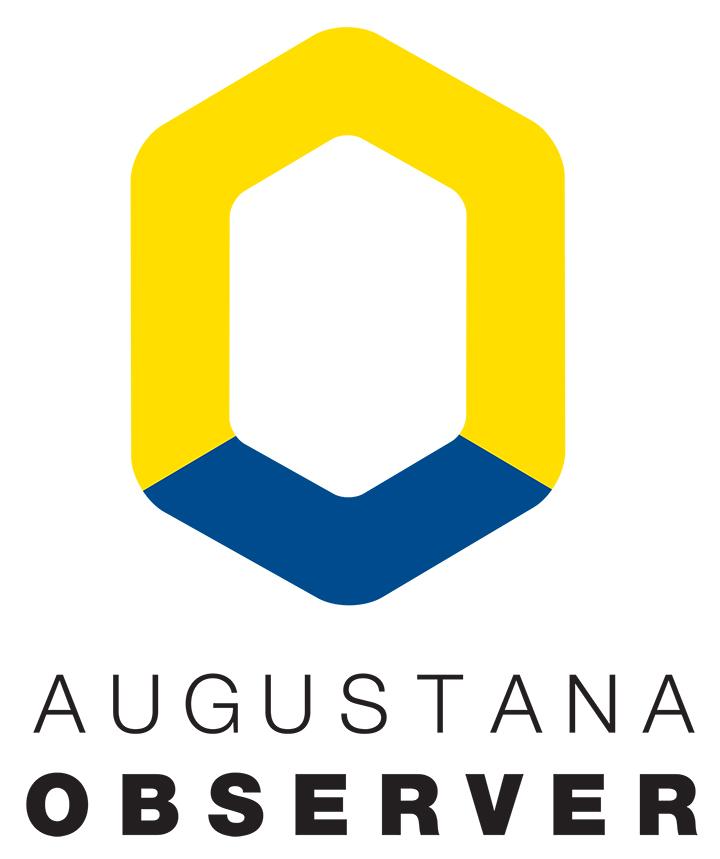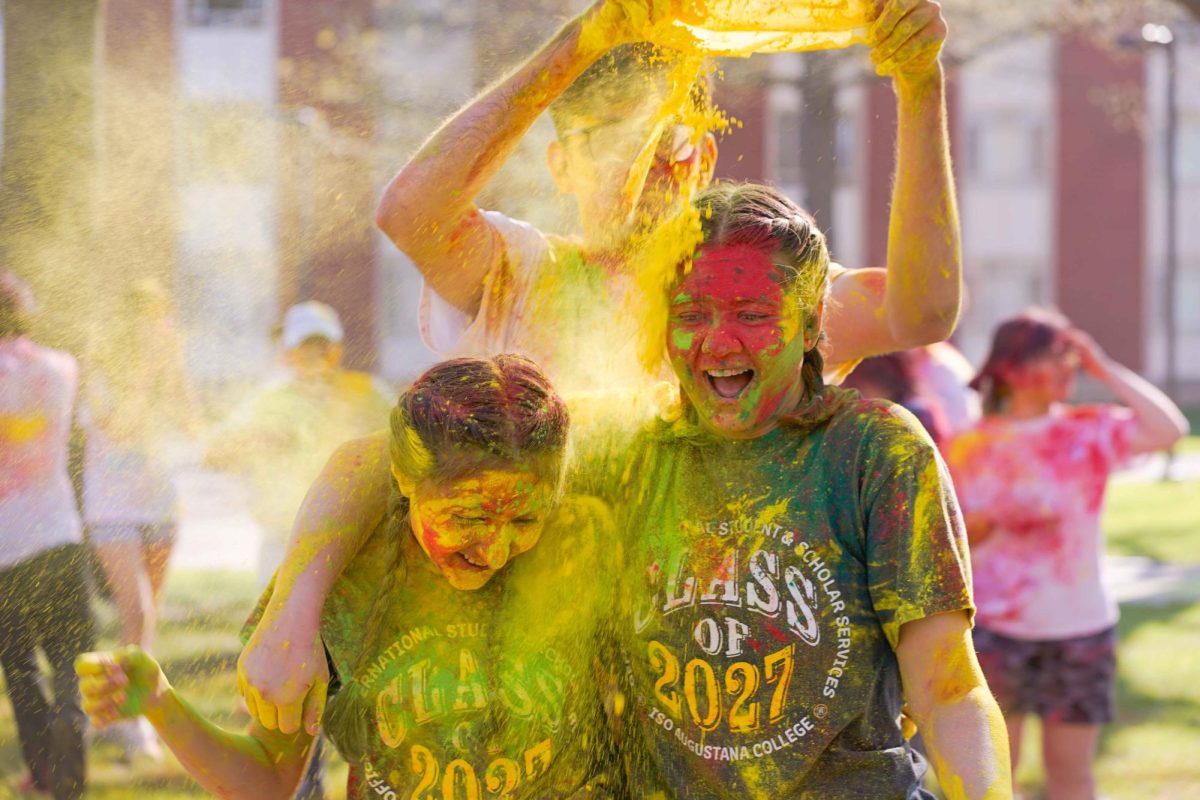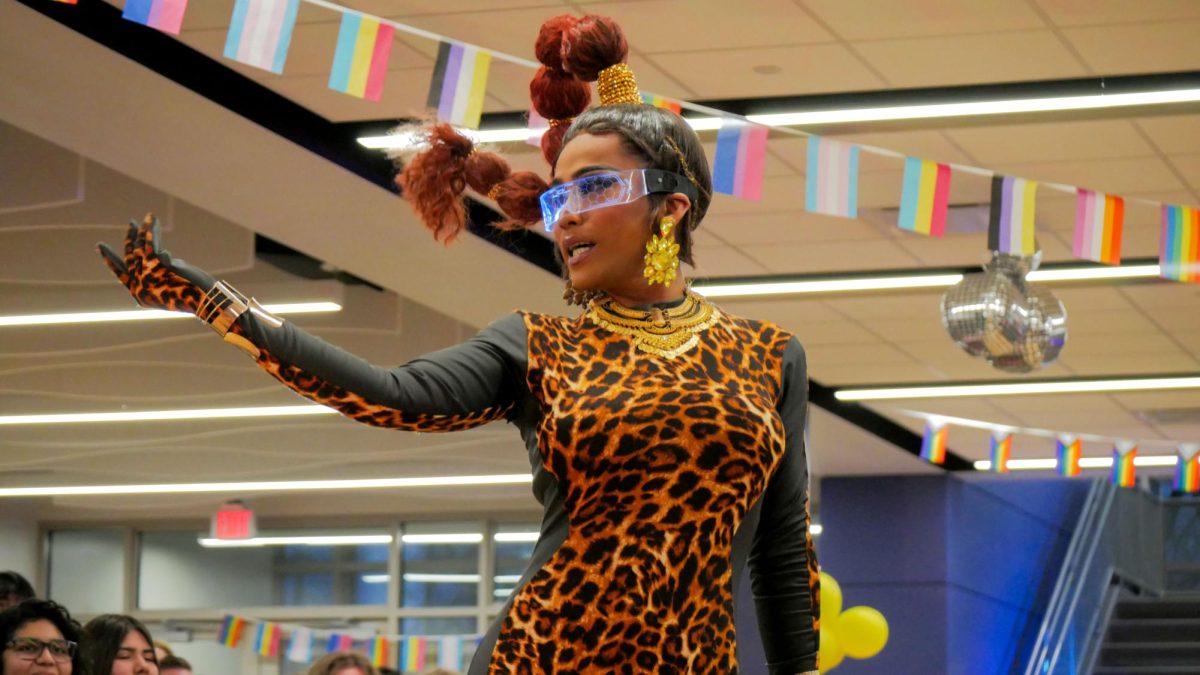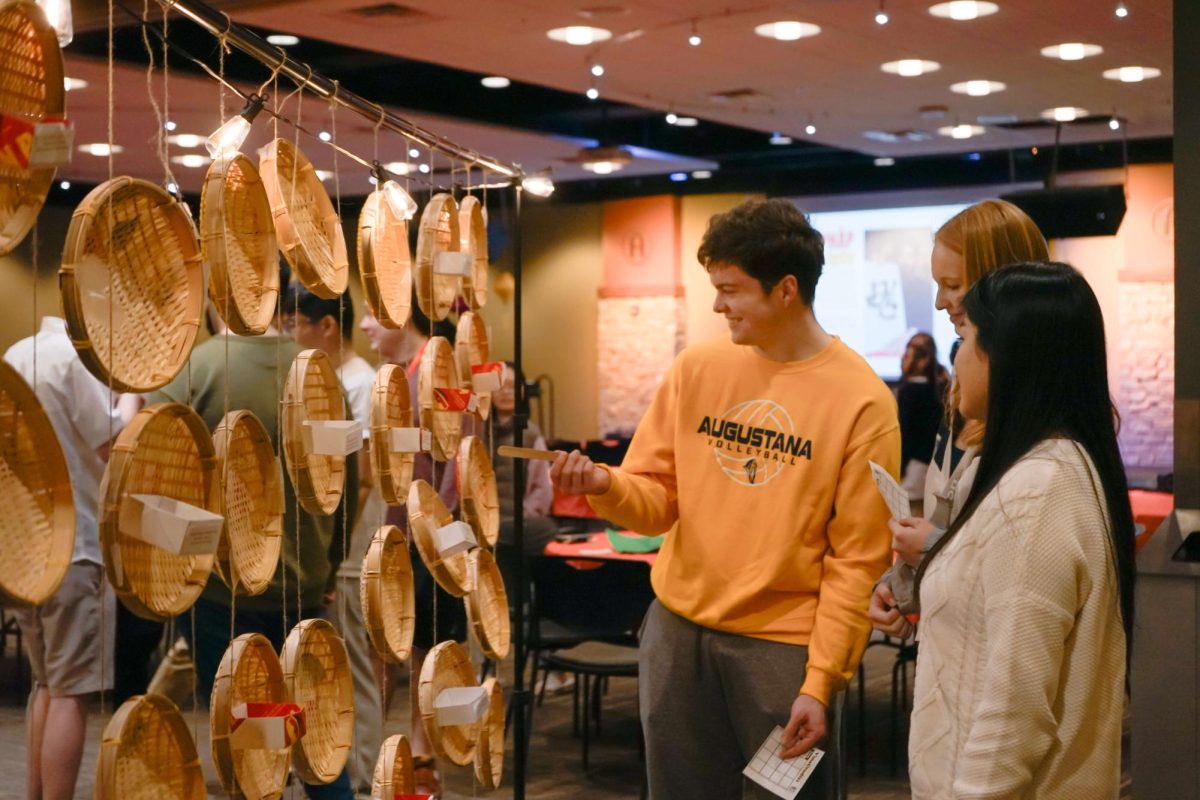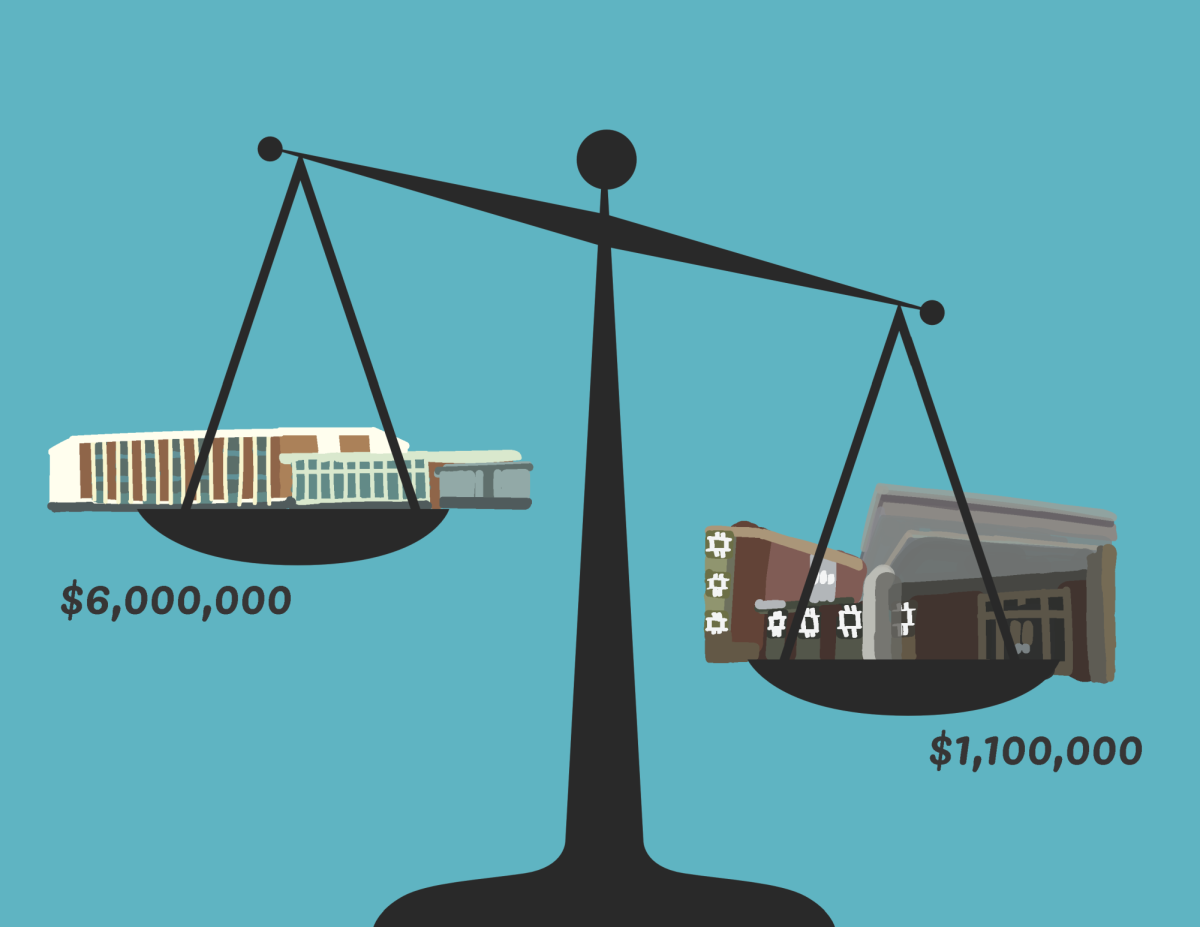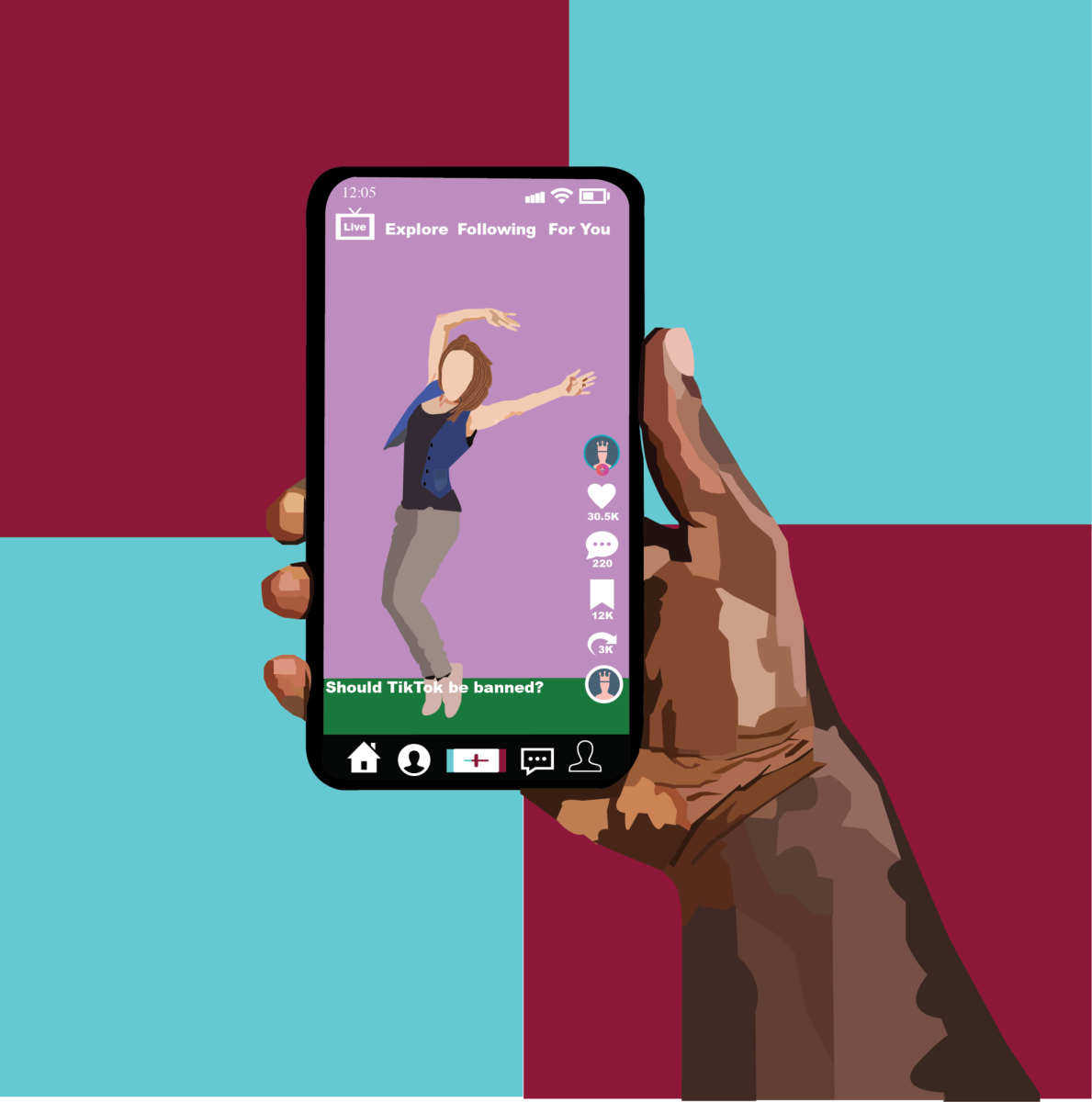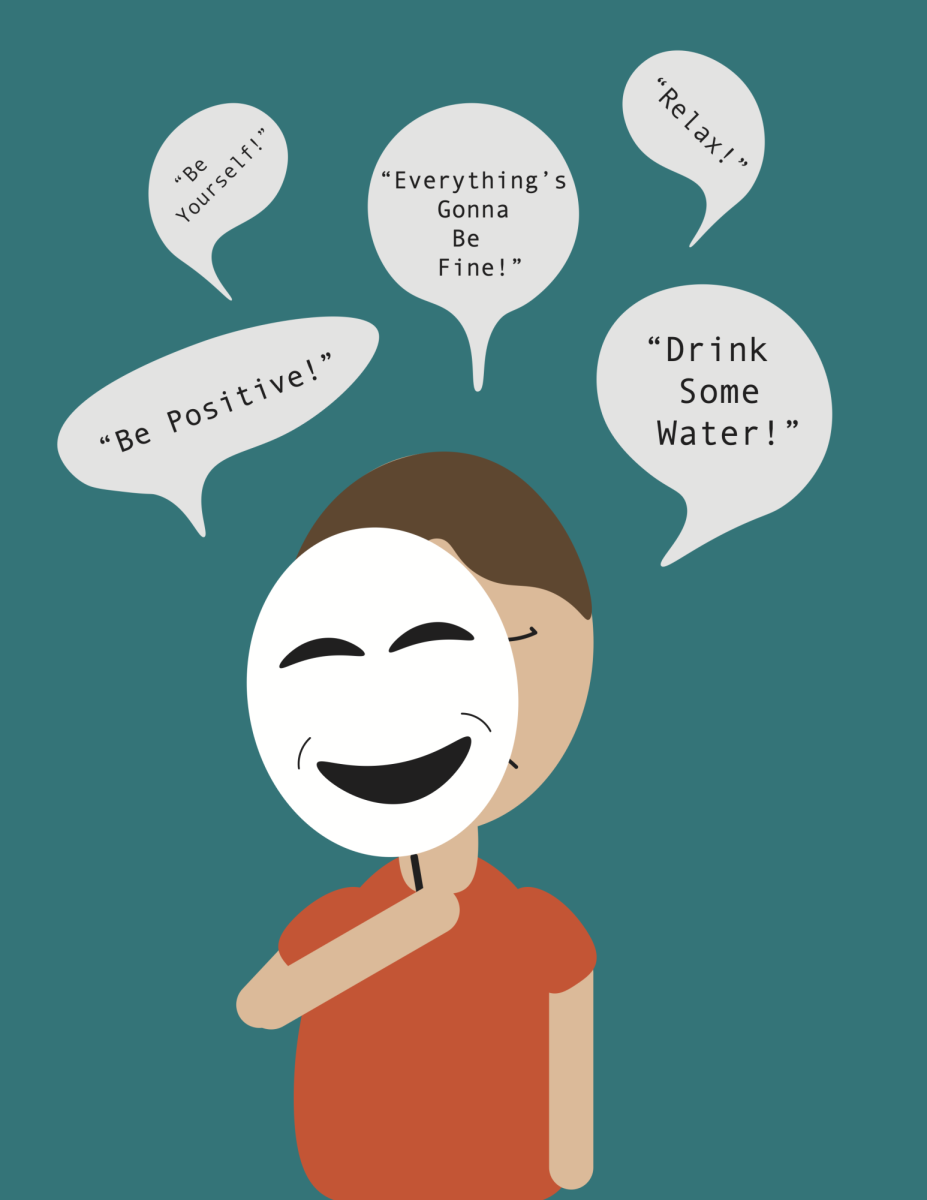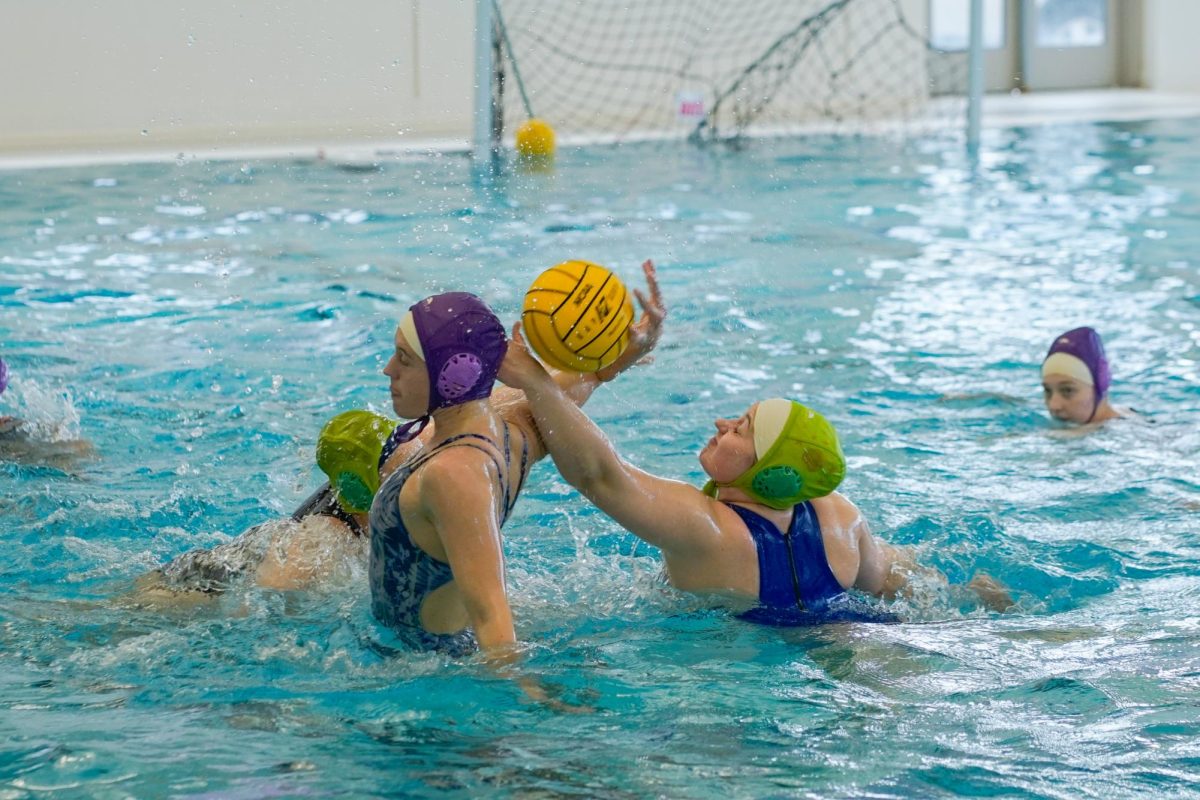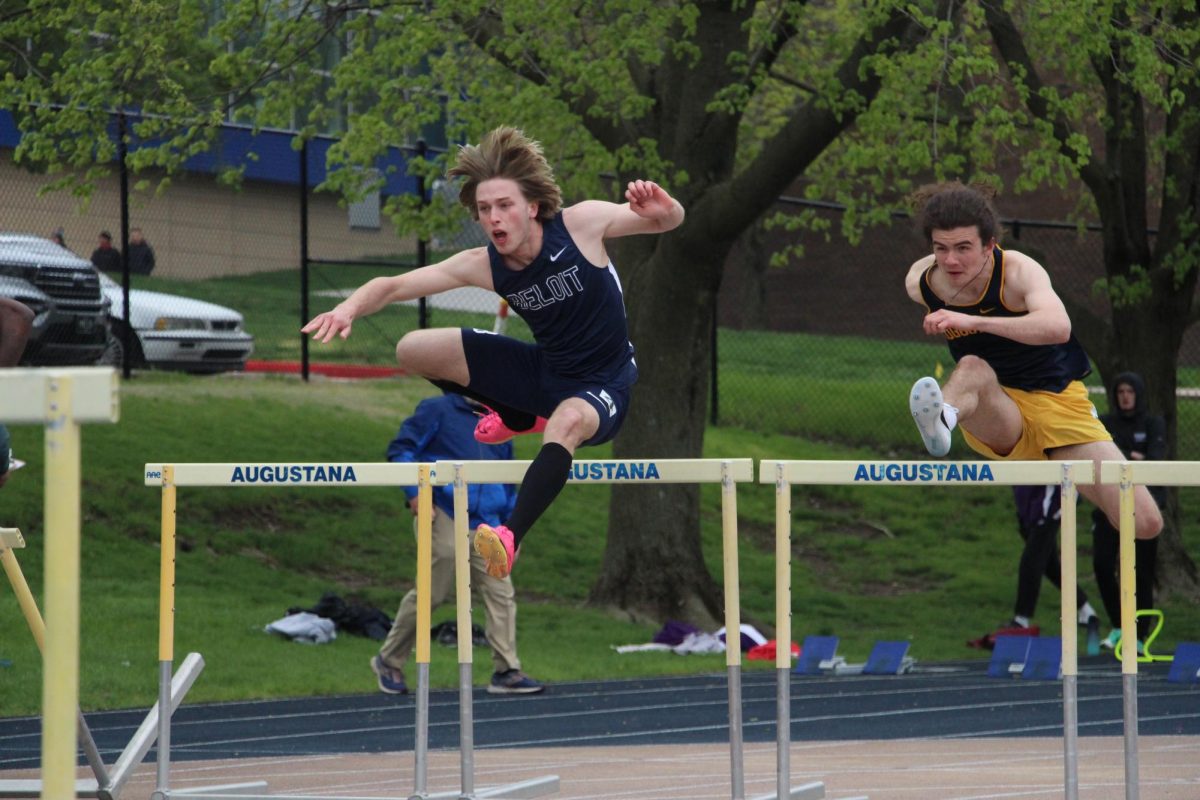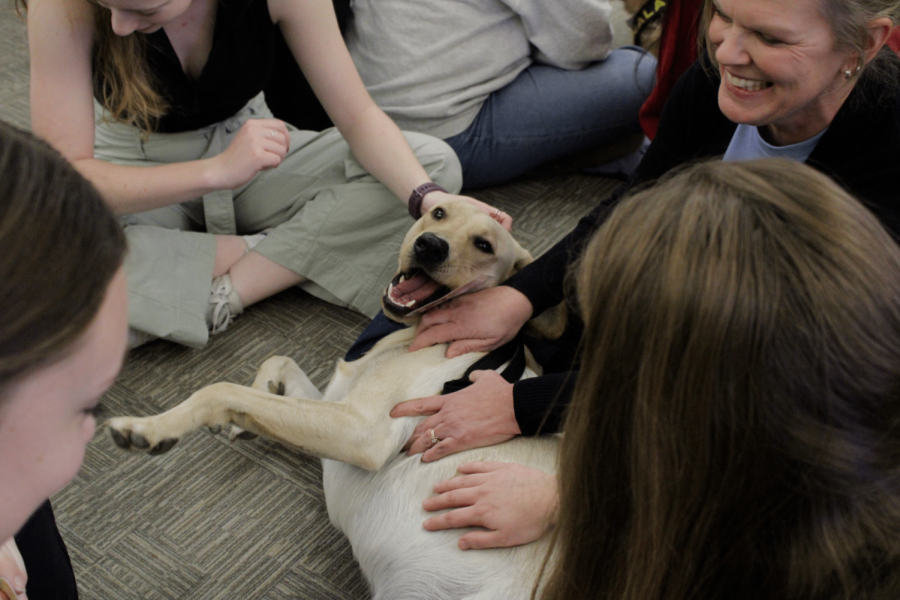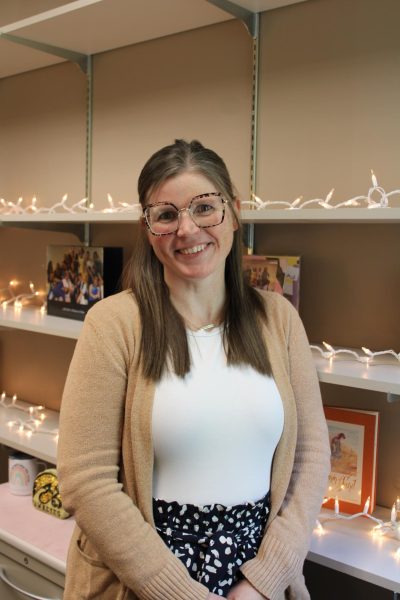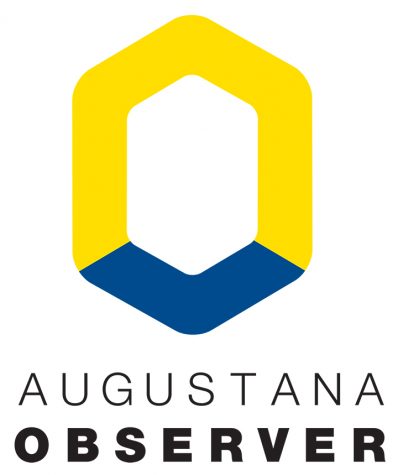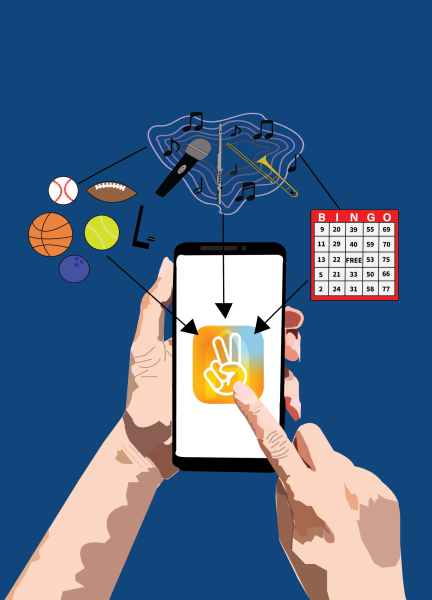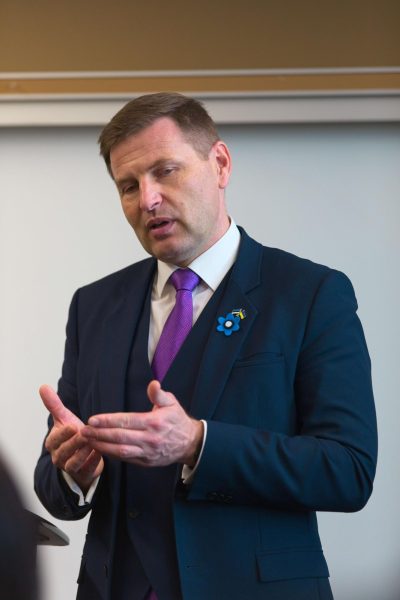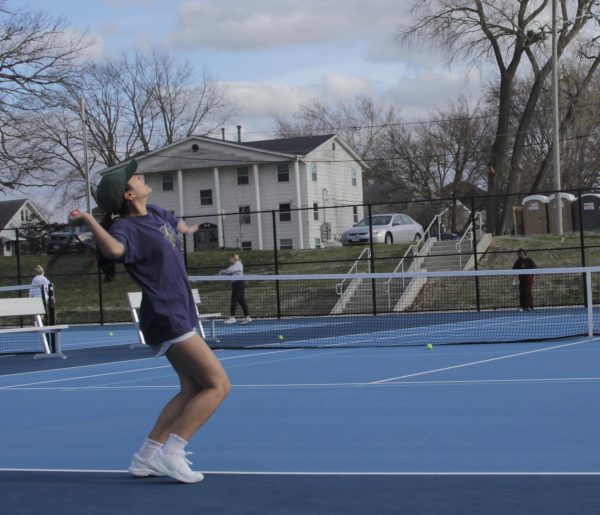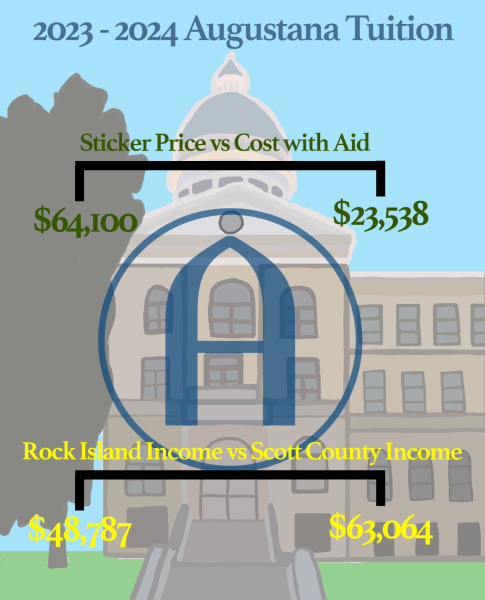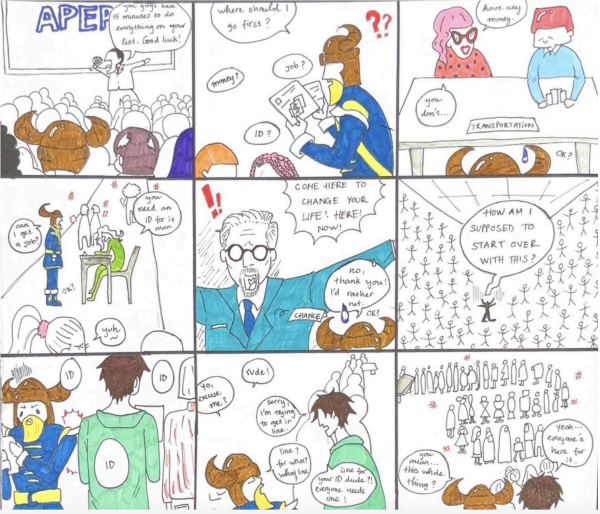Students’ struggle as fall semester comes to a close
Augustana students pet therapy dogs in the Thomas Tredway Library on Dec. 5 during the annual “Woofapalooza.”
December 7, 2022
Although finals season is the one that is typically associated with burnout, for students and teachers at Augustana, it is no exception.
Burnout, as defined by Farrah Roberts, the director of student well-being and resiliency, is a descriptor for the feeling that happens after being subject to a long period of stress.
“It’s just prolonged stress that results in a really bad emotional situation,” Roberts said. “Sometimes it can manifest itself physically in colds and headaches, just different little ailments.”
Students suffering from burnout typically describe their emotional state as feeling overwhelmed and having a lack of motivation to do schoolwork and things that they’ve enjoyed doing in the past, though burnout can manifest itself differently in everyone.
To help combat the burnout that occurs near finals, the library hosted their annual “Woofapalooza,” an event where therapy dogs come in to help students destress before the upcoming exams.
Despite this help from the school and regardless of the different ways that it can manifest itself, it’s apparent to students across campus that everyone seems to be suffering from some degree of burnout.
Sophomore Katie Frese, who is on the Student Government Association (SGA) committee for student well-being, has noticed it especially among her peers in SGA.
“When I’ve sat down with my committee, we will do our highs and lows of the week and everyone, like seniors, juniors, sophomores, everyone is struggling,” Frese said. “This year is just crazy regardless of what major you’re in. It’s definitely different from last year.”
Junior Dani Bornstein agreed, having noticed the change in the people around her.
“I feel like a lot more people are getting burnt out earlier than usual,” Bornstein said. “Everything we have, responsibilities and due dates are coming up a lot expected. It seems like it caught everyone off-guard.”
Part of the reason that Roberts believes that burnout came particularly early this year is because everyone is readjusting from learning during COVID-19.
“Everyone blames everything on COVID, and part of that is true, I think,” Roberts said. “We’ve had so much disruption for the last three years. I’ve heard a lot of first years say that a lot of their learning was online for the last two years, and so maybe they weren’t totally prepared, like they would have been, for college classes.”
Communication studies professor Dr. Donna Hare also acknowledged that professors are somewhat to blame as well, in addition to COVID-19 and poor time management skills on behalf of students.
“Per federal guidelines, you’re supposed to have two hours of outside activity for every hour in class,” Hare said. “It makes it feel like our class is the only class that everyone has and every instructor is looking at it like you have all this stuff to do.”
With finals right around the corner, the burnout seems to have been further exacerbated by the added pressure.
“It’s definitely worse,” Frese said. “I know personally, I have a test the Friday before finals and then I have three finals and they’re all scheduled on the same day. It’s crunch time getting everything done, like extracurriculars, finals, last projects, it’s all kind of piling up.”
Despite admittedly facing burnout of her own, Bornstein believes that it is important to prioritize yourself during these last few stressful weeks.
“You need to know what’s your top priority, and it’s yourself,” Bornstein said. “A grade is a grade and it doesn’t define who you are and you should put yourself first. Not that you shouldn’t get good grades. Work hard, do that, but know what your limit is and when you’re overworking yourself.”
